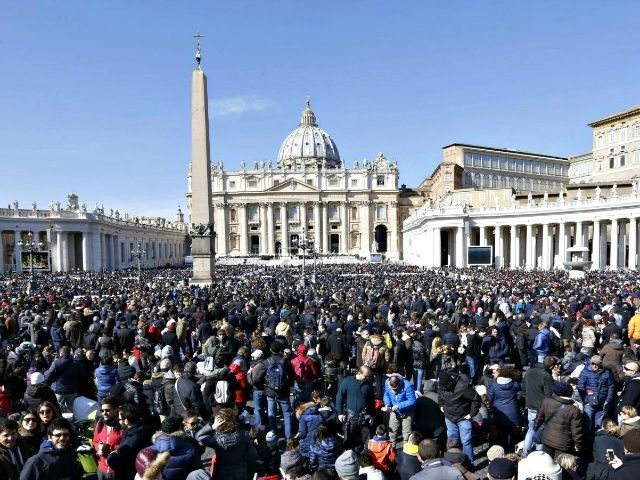Adding to Rome’s worst July heat wave in recorded history is a series of delays on public transportation due to strikes, along with no union agreement for the upcoming Jubilee Year in which some 33 million pilgrims are expected to visit the Eternal City.
Rome’s two subway lines are experiencing major delays, while at Rome’s Fiumicino airport there have been more than 60 flight cancellations due to a 24-hour strike of Alitalia pilots and flight attendants. Now to add insult to injury, a fire this week in a wooded area near the airport has caused further delays, as one of the runways had to be shut down. The airport took nearly two months to recover from an earlier fire that broke out on May 7.
“Rome is on the verge of collapse,” said Giancarlo Cremonesi, the president of the Rome Chamber of Commerce. “It is unacceptable that a major city which calls itself developed can find itself in such a state of decay.”
Though Rome is one of the 10 biggest cities in Europe, with a population of 2.8 million, it is notoriously one of the worst organized, even when things are running smoothly. Its current mayor, Ignazio Marino, has suffered from a spate of resignations in his administration due to investigations into corruption and ties to the mafia.
Roberto Alesse, president of the public authority overseeing the implementation of Italy’s laws on strikes, has called the public transportation strikes “imprudent,” and his requests for a moratorium on strikes during the upcoming Jubilee have thus far fallen on deaf ears. For the last Jubilee year in 2000, a moratorium was agreed upon before the year’s festivities began.
Alesse said that Italy’s strikes have been overdone, even by European standards. Essential public services, he said, must always work on a regular basis and with efficiency, and therefore “strikes in this sector should be a last resort.” The ongoing collective labor conflicts, which he called “chronic,” are due to deep-seated, structural causes, which makes a resolution that much more difficult, he said.
He also said that the strike of airline personnel was particularly inappropriate given the volume of summer traffic.
Another peculiarly Roman phenomenon has been the so-called “white strikes,” intentional delays in services that do not formally contravene the law but make transportation especially onerous for travelers. Recently, subways have been running every 20-30 minutes, causing a huge build-up of passengers and grossly overcrowded conditions once the subway trains finally arrive.
“Rome is falling apart at the seams,” proclaimed the front page of the Italian newspaper, Il Messaggero, last week. On an inside page it reported a rat infestation in the city center.
A 2013 “perception survey” conducted by the European Commission placed Rome last out of 28 EU capitals in the rankings for the efficiency of city services, and second to last for quality-of-life satisfaction, trailed only by Athens.
The special Jubilee Year of Mercy declared by Pope Francis is set to begin on December 8.
Follow Thomas D. Williams on Twitter @tdwilliamsrome

COMMENTS
Please let us know if you're having issues with commenting.